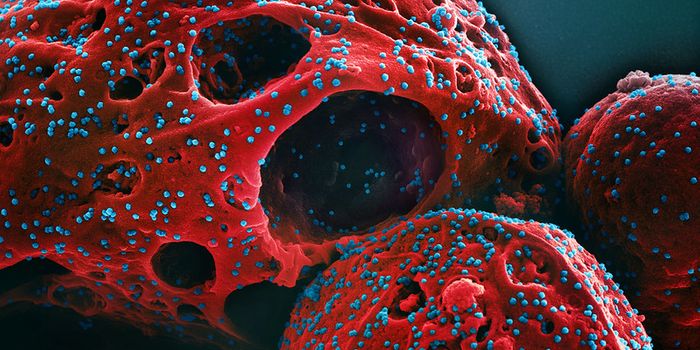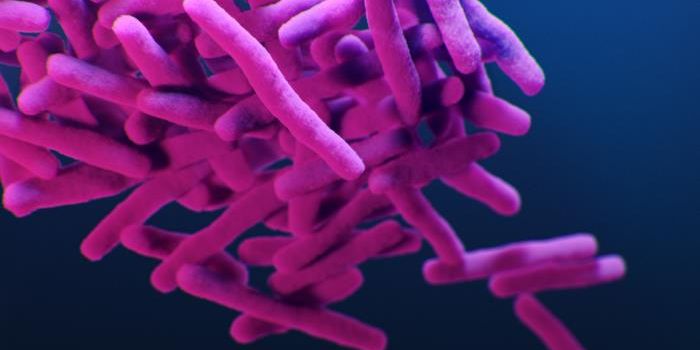Why People With Asthma Don't Get Brain Tumors
Scientists have come forward with data to explain a puzzling clinical phenomenon—people with asthma have a reduced risk of developing brain tumors. This concept was first brought to light over a decade ago as researchers saw distinct patterns emerge from epidemiological data. However, the debate on the nature and cause of this association remained a matter of discussion.
Now, we have an answer: it's because of their T cells. A closer look at the immune profiles of individuals with asthma reveals that they have a high proportion of activated T cells (the root cause of inflammation in the respiratory system). However, these immune cells also remove the earliest sign of malignant brain cells, thereby shielding against tumor development.
Senior author on the study David H. Gutmann says that inducing asthma to thwart brain tumors is not the answer. "But what if we could trick the T cells into thinking they're asthma T cells when they enter the brain, so they no longer support brain tumor formation and growth?" Gutmann offers, adding that the team's findings open the door to a new generation of immunotherapies for cancers of the brain.
Gutmann's lab studied the relationship between asthma and brain tumors in a genetically-modified mouse model. These animals had a mutation that led to them developing optic pathway gliomas early in life. The scientists divided the animals into two groups, one of which was exposed to chemical irritants that induced asthma. Surprisingly, the mice with asthma were resistant to brain tumor development.
Further analysis revealed that when asthma was induced, the T cells began churning out a protein known as decorin. While this molecule wreaks havoc in the context of asthma, it has a protective effect in the brain by suppressing neural cells called microglia, which are known for their role in promoting brain tumor growth and development.
These results pave the way for a new generation of brain tumor therapeutics that selectively block the activation of microglia as a means of keeping cancer at bay. Their study shows that two approaches for dampening microglial activity (via decorin or another compound called caffeic acid phenethyl ester) successfully protected mice from developing gliomas in their experimental system.
"As we understand this communication between T cells and the cells that promote brain tumors better, we'll start finding more opportunities to develop clever therapeutics to intervene in the process," concluded Gutmann.









